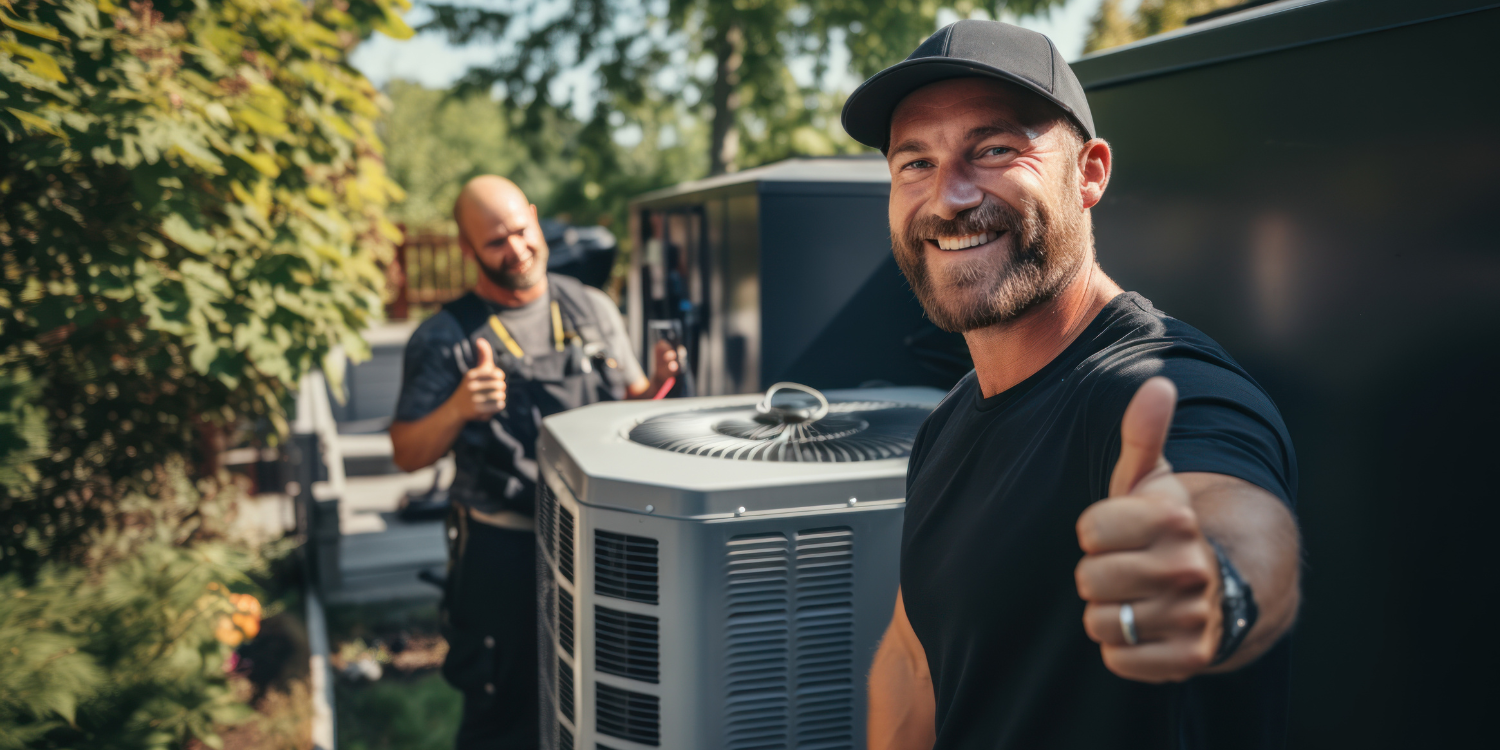
Not sure if you’re dealing with an HVAC emergency? You're not alone, which is why we want to help you recognize the signs and perform the right action plan. From sudden breakdowns in the heat of summer to the cold snaps of winter, knowing what to do can save the day—and your comfort.
This quick guide breaks down the essentials: spotting trouble, the first steps to take, and how regular check-ups can keep surprises at bay. Because when it comes to your home's HVAC, being prepared makes all the difference.
An HVAC emergency involves any sudden malfunction or failure that could endanger your comfort, health, or property. This includes situations where your system stops working during extreme weather conditions, leading to potentially unsafe indoor temperatures. Other emergencies might involve unusual noises or smells that could indicate a gas leak, electrical issue, or fire hazard. It's critical to recognize these signs early to mitigate risks and prevent costly damages.
Professional intervention is critical when you notice any signs of HVAC emergencies, such as complete system failure, strange odors (like burning or gas), unusual noises, or if the system causes electrical issues or water leaks. Experts recommend erring on the side of caution and contacting a professional immediately under these circumstances to ensure safety and prevent further damage to the system or your home.
In the event of an HVAC emergency, first ensure your safety and that of any occupants by turning off the system to avoid exacerbating the problem. If you detect a gas smell, leave the premises immediately and contact your gas provider from a safe location. For electrical issues, shut off the power to the unit. If safe, try to identify the source of the problem without tampering with the system, and call a professional for assistance. If your fire or carbon monoxide alarm has gone off, make sure to exit the building immediately. DO NOT go near the HVAC unit.
Common HVAC emergencies include the system failing to heat or cool, emitting unusual noises or smells, leaking water, leaking carbon monoxide or electrical issues. These problems can arise from various causes, such as mechanical wear and tear, clogged filters, electrical failures, or refrigerant leaks. Recognizing these issues promptly can help in seeking timely professional help to resolve them.

Regular maintenance is crucial in preventing HVAC emergencies. It ensures your system operates efficiently and at optimal performance levels. Maintenance tasks like cleaning filters, inspecting electrical components, checking refrigerant levels, and ensuring the system is free of debris can identify and fix small issues before they escalate into emergencies. This proactive approach can extend the life of your system and save on costly emergency repairs.
Regular maintenance is important for the longevity of your HVAC system. Contact Appleby Systems today to book your maintenance appointments.
Yes, a malfunctioning HVAC system can pose significant risks, including electrical fires, carbon monoxide poisoning from faulty furnaces, and health hazards from refrigerant leaks. These issues underscore the importance of regular maintenance and immediate attention to any signs of malfunction, ensuring the safety and well-being of homeowners and their families.
Indicators of a failing HVAC system include:
These signs can suggest the system is struggling to maintain the desired indoor climate, pointing to potential mechanical issues, airflow problems, or the need for a system upgrade.
Upon identifying an HVAC emergency, homeowners should immediately turn off the system to prevent further damage (barring any alarms going off, of course). For water leaks, shut off the water supply if applicable and safely clean up any standing water to prevent structural damage and mold growth. Clearing the area around the unit and ensuring it's accessible for technicians can also help expedite repairs.
Depending on the issue, you may need to air your home out for a while or have a professional remediator cleanse the air.
Maintaining indoor air quality afterwards involves several strategies, including maintaining your HVAC system, using high-efficiency air filters, and incorporating air purifiers. Regularly cleaning and vacuuming your home to reduce dust and allergens, along with ensuring proper ventilation, can significantly improve the air quality. Professional services may also install UV lights and advanced filtration systems to combat airborne pathogens and pollutants.

When an HVAC emergency strikes, you need a team you can trust to restore comfort and safety to your home promptly. Appleby Systems is committed to providing rapid, reliable, and expert HVAC services to homeowners.
With our experienced technicians, state-of-the-art equipment, and dedication to customer satisfaction, we're here to address your emergency needs and help prevent future issues with comprehensive maintenance plans. Don't let an HVAC emergency disrupt your life—contact Appleby Systems today to schedule your routine maintenance!
